Moritz Krügener
Atlas 2 - Foundation models for clinical deployment
Jan 08, 2026Abstract:Pathology foundation models substantially advanced the possibilities in computational pathology -- yet tradeoffs in terms of performance, robustness, and computational requirements remained, which limited their clinical deployment. In this report, we present Atlas 2, Atlas 2-B, and Atlas 2-S, three pathology vision foundation models which bridge these shortcomings by showing state-of-the-art performance in prediction performance, robustness, and resource efficiency in a comprehensive evaluation across eighty public benchmarks. Our models were trained on the largest pathology foundation model dataset to date comprising 5.5 million histopathology whole slide images, collected from three medical institutions Charité - Universtätsmedizin Berlin, LMU Munich, and Mayo Clinic.
Atlas: A Novel Pathology Foundation Model by Mayo Clinic, Charité, and Aignostics
Jan 10, 2025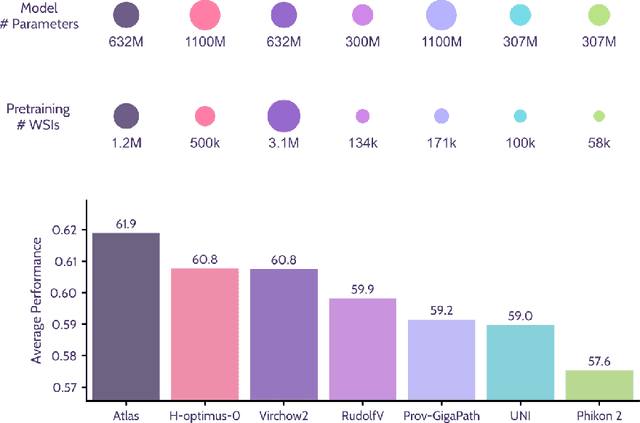
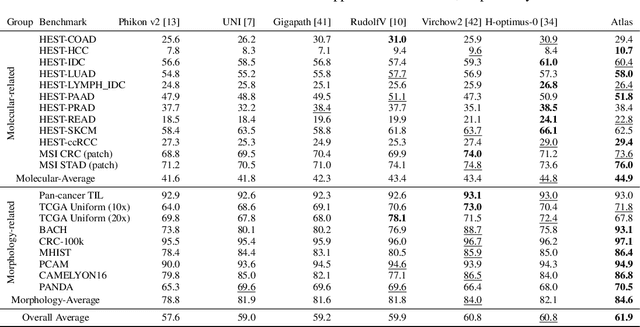


Abstract:Recent advances in digital pathology have demonstrated the effectiveness of foundation models across diverse applications. In this report, we present Atlas, a novel vision foundation model based on the RudolfV approach. Our model was trained on a dataset comprising 1.2 million histopathology whole slide images, collected from two medical institutions: Mayo Clinic and Charit\'e - Universt\"atsmedizin Berlin. Comprehensive evaluations show that Atlas achieves state-of-the-art performance across twenty-one public benchmark datasets, even though it is neither the largest model by parameter count nor by training dataset size.
Machine Learning-Based Optimal Mesh Generation in Computational Fluid Dynamics
Feb 25, 2021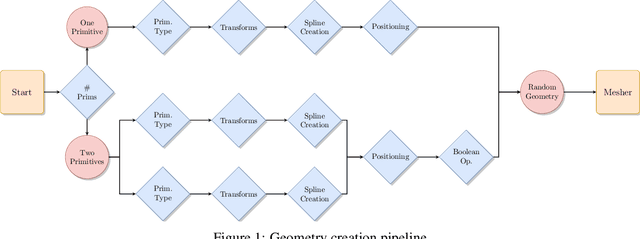
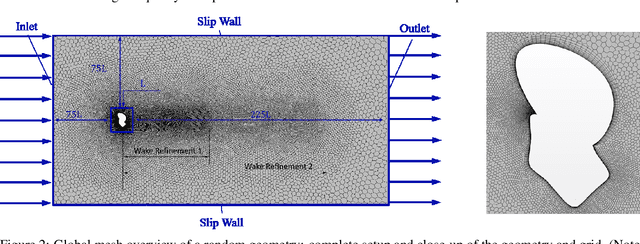
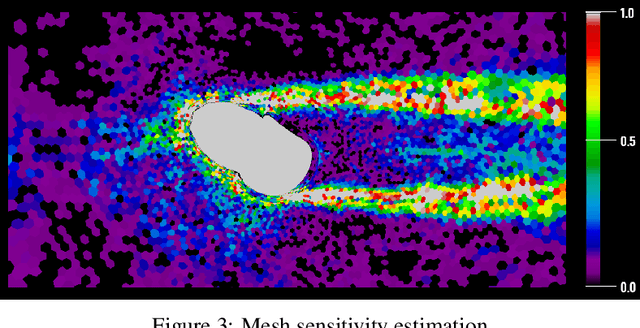
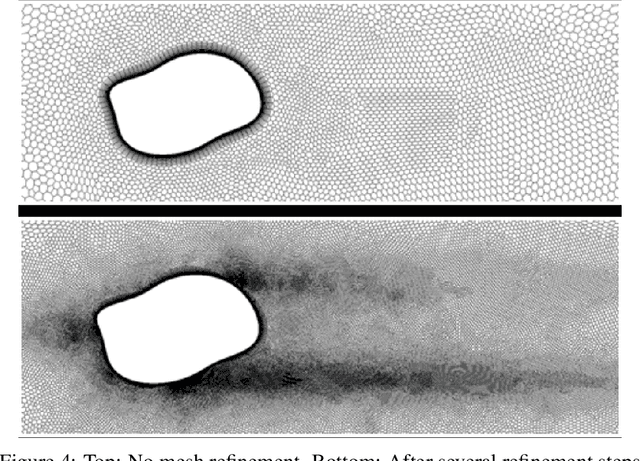
Abstract:Computational Fluid Dynamics (CFD) is a major sub-field of engineering. Corresponding flow simulations are typically characterized by heavy computational resource requirements. Often, very fine and complex meshes are required to resolve physical effects in an appropriate manner. Since all CFD algorithms scale at least linearly with the size of the underlying mesh discretization, finding an optimal mesh is key for computational efficiency. One methodology used to find optimal meshes is goal-oriented adaptive mesh refinement. However, this is typically computationally demanding and only available in a limited number of tools. Within this contribution, we adopt a machine learning approach to identify optimal mesh densities. We generate optimized meshes using classical methodologies and propose to train a convolutional network predicting optimal mesh densities given arbitrary geometries. The proposed concept is validated along 2d wind tunnel simulations with more than 60,000 simulations. Using a training set of 20,000 simulations we achieve accuracies of more than 98.7%. Corresponding predictions of optimal meshes can be used as input for any mesh generation and CFD tool. Thus without complex computations, any CFD engineer can start his predictions from a high quality mesh.
 Add to Chrome
Add to Chrome Add to Firefox
Add to Firefox Add to Edge
Add to Edge